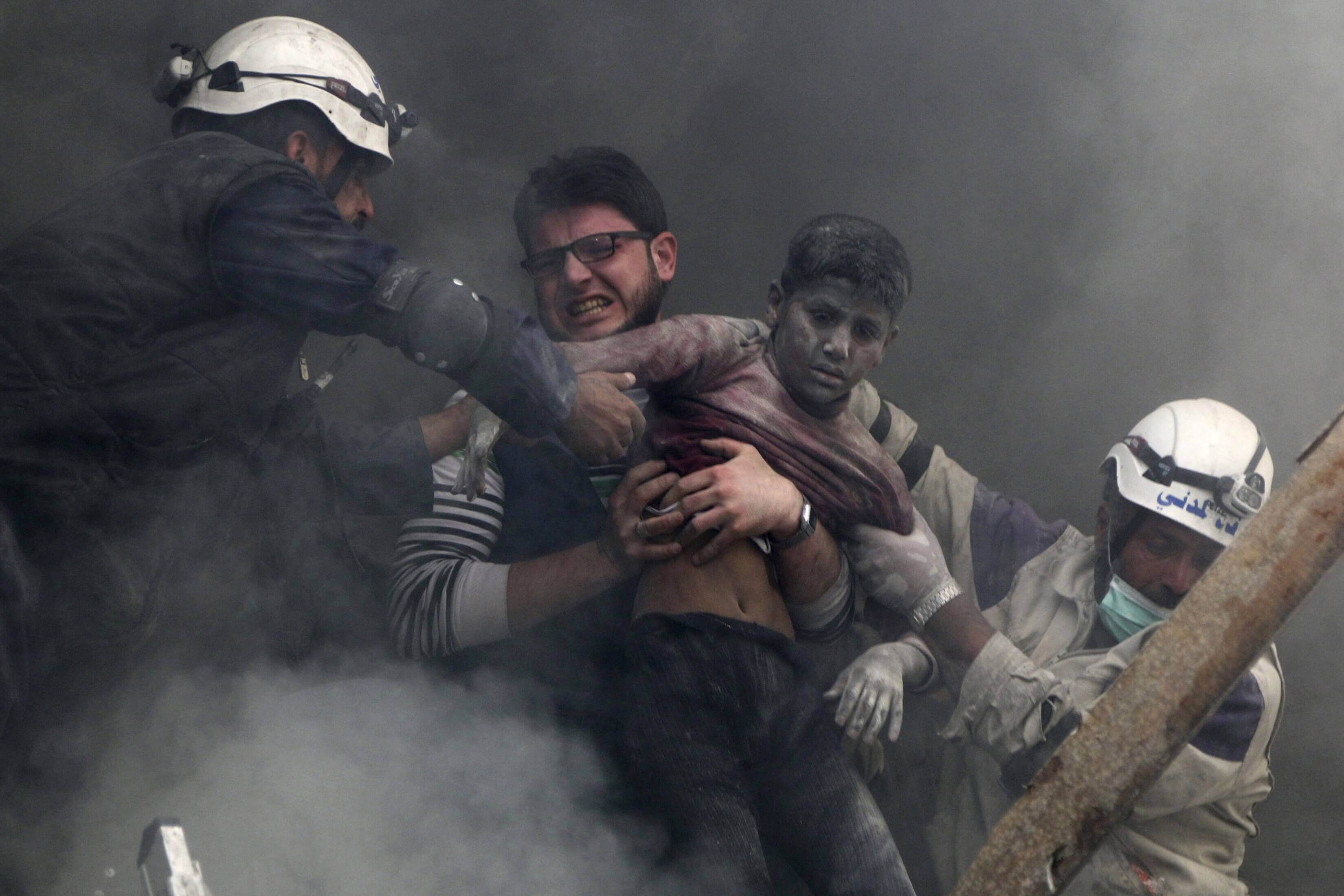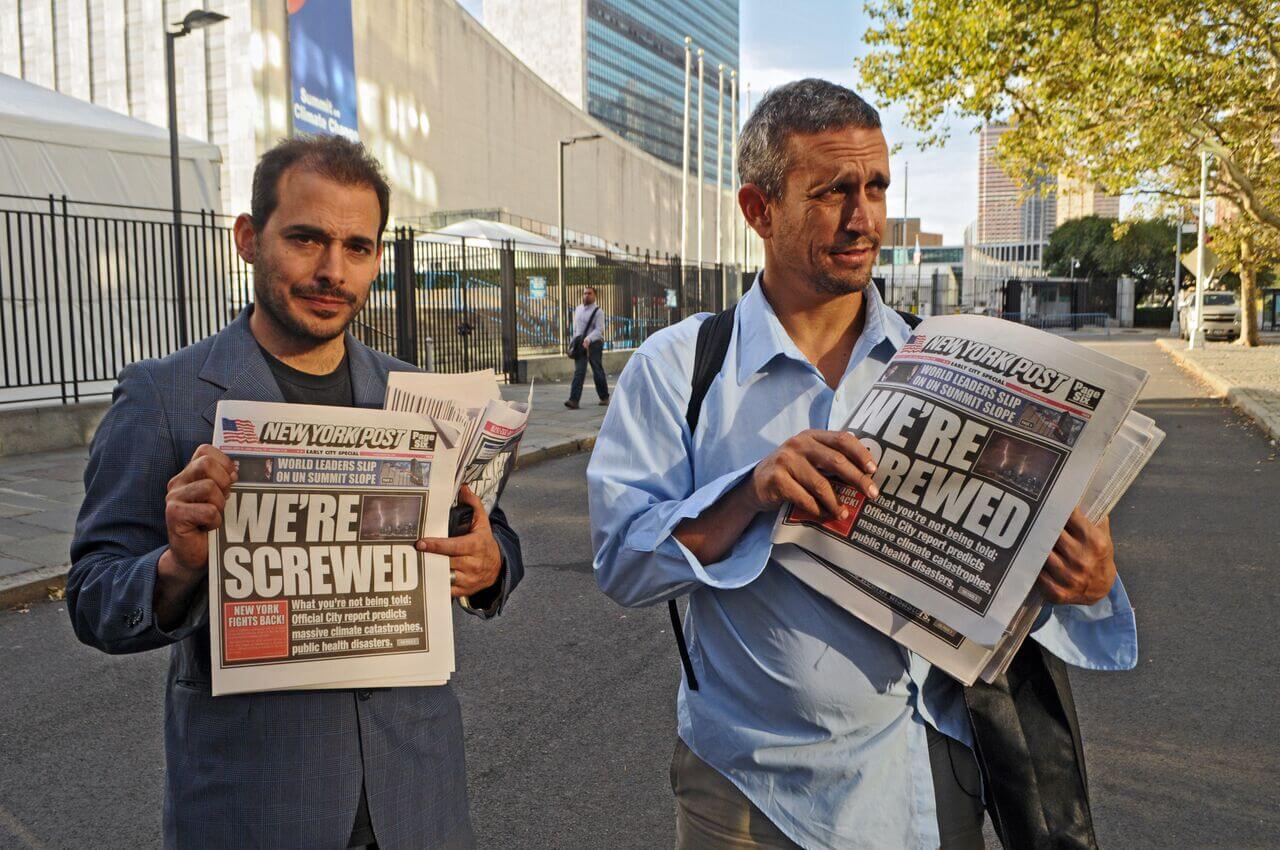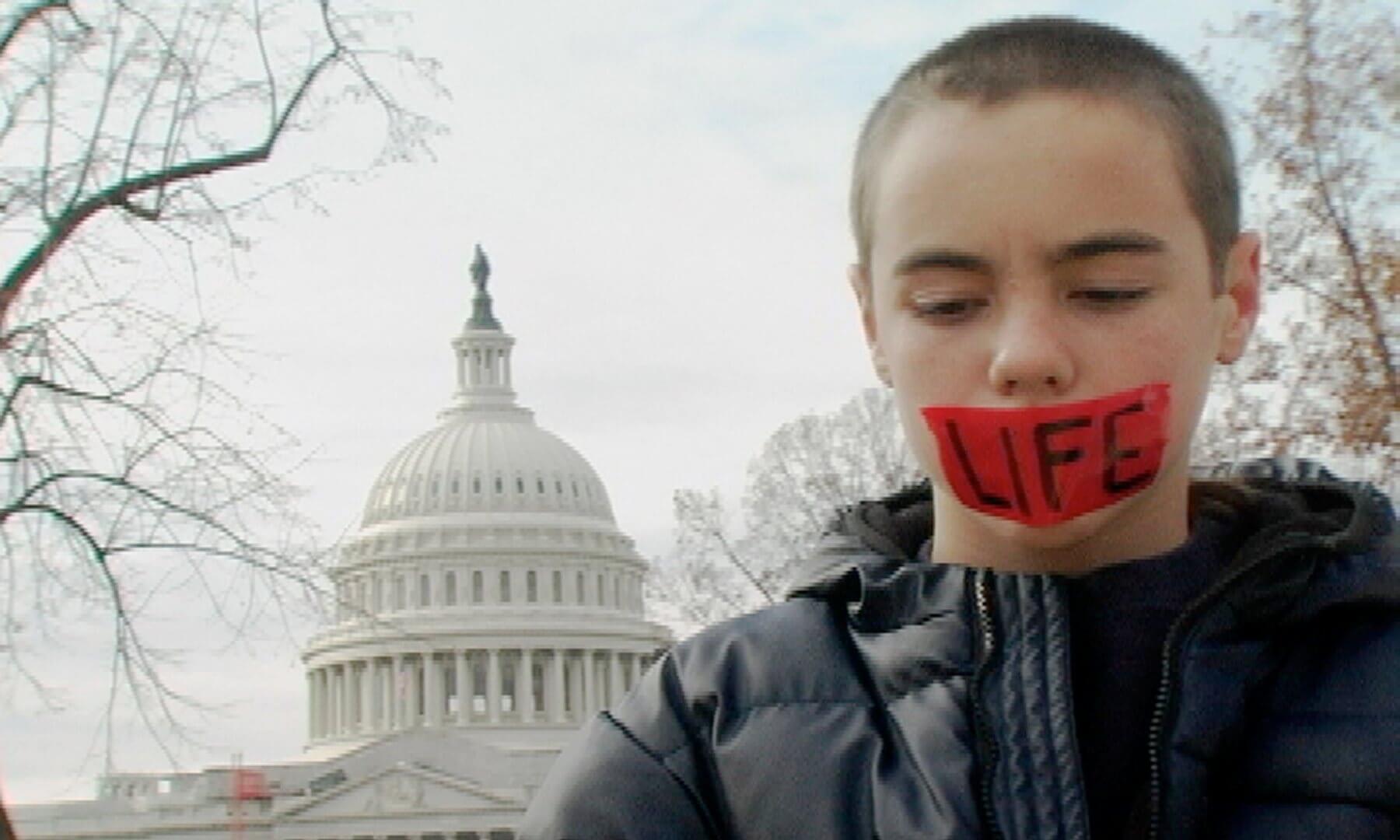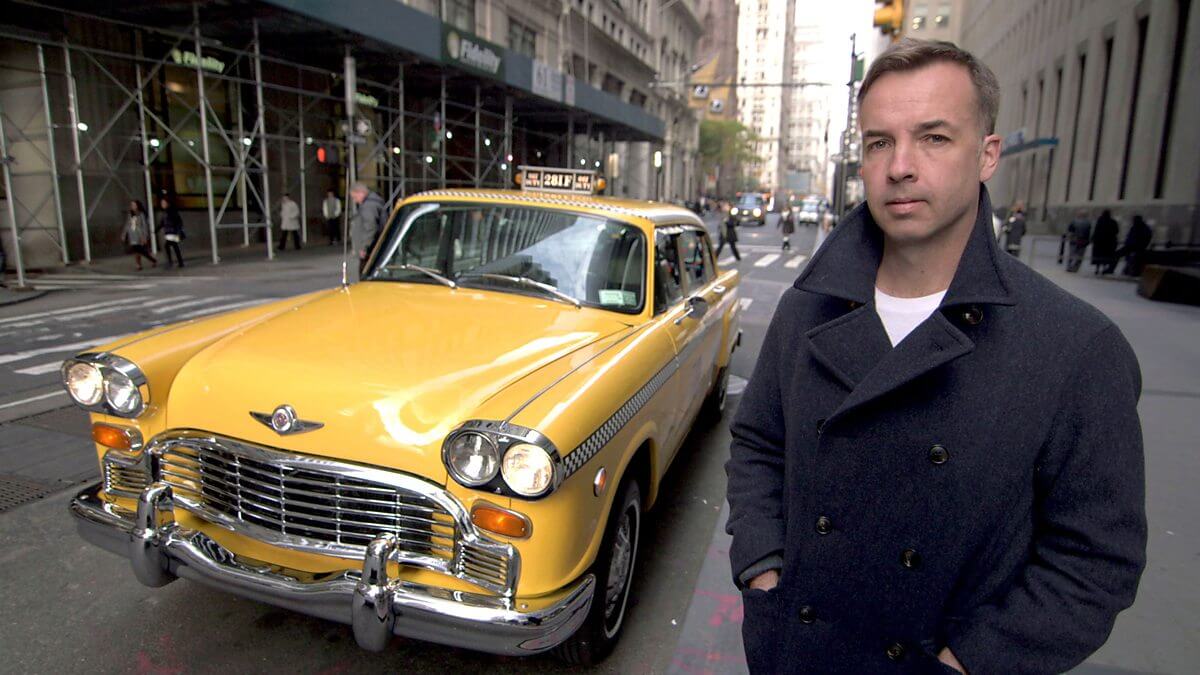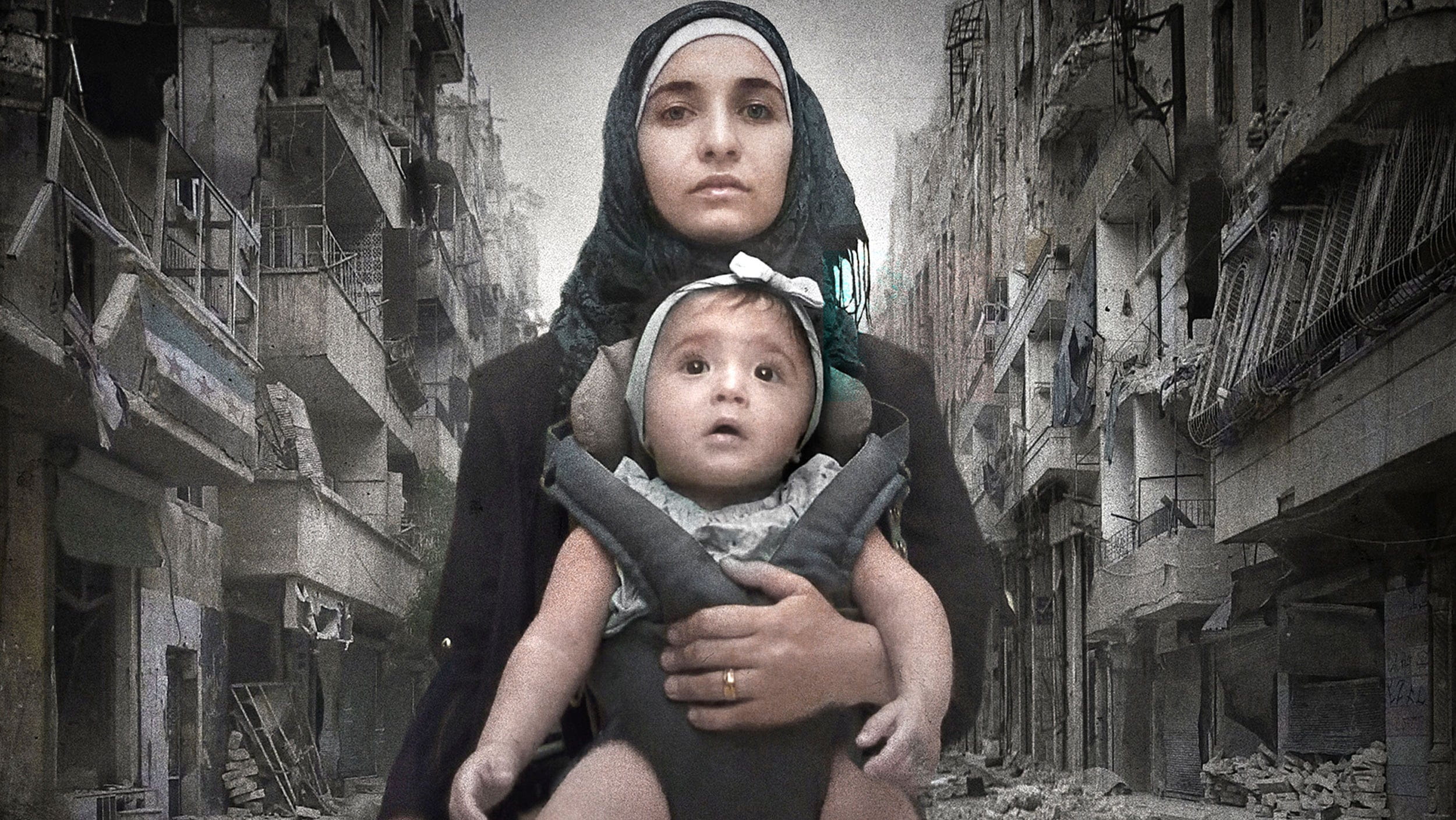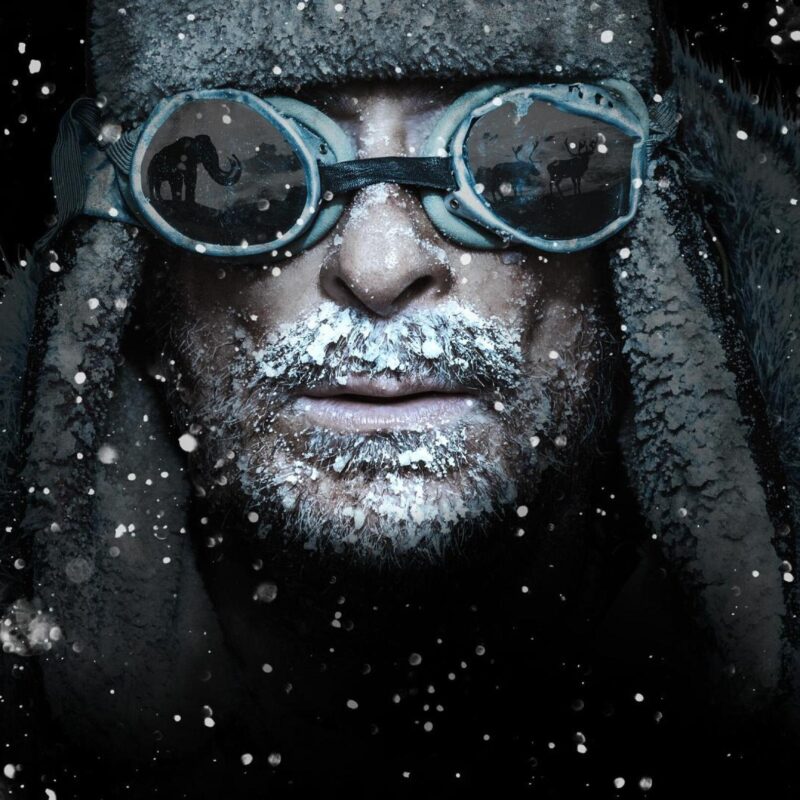description:
The year is 2015. Syria’s brutal civil war has been ravaging the country since the government responded with force to civil protests during the Arab Spring in 2011. Regime, Kurdish, ISIS and rebel forces all occupy various parts of the city of Aleppo in northwestern Syria. A volunteer group called the White Helmets provides emergency services to traumatized residents in the rebel-occupied areas of the city. A crucial part of their efforts is rescuing survivors: After air attacks reduce buildings to rubble, the men of the White Helmets dig through the debris and pull survivors to safety. They are nothing short of heroes.
The White Helmets are the subject of Last Men in Aleppo, the searing documentary directed by Feras Fayyad that won the World Documentary Grand Jury Prize at the 2017 Sundance Film Festival.
Captured with incredible intimacy and urgency, Last Men in Aleppo shows the White Helmets at work in the wake of bombing raids. The film provides exceptional access. Volunteers wear microphones for the filming, and viewers can hear them as they share information, give directions and pray. When they learn of a raid, they speed through chaotic streets full of rubble. They dig through piles of concrete and metal, sometimes using construction equipment, other times their bare hands.
The viewing is often visceral and difficult. Fayyad’s cameras are unflinching as they document the extraction of dead bodies, including those of children. Survivors are badly injured and covered in blood. There is grim talk of body parts, of how many survived and how many died. “I’m 100 percent sure we will find his head on the roof,” a White Helmet says of a victim at the site of a bombing.
In these painful moments, the men of the White Helmets reveal their resilience and bravery in the face of daily carnage. In addition to showing the men at work, Last Men in Aleppo follows a few of them as they go about their daily lives. One, Khaled, is the father of young children. In a heartbreaking scene, he takes his little girl to a pharmacist, who examines her hands and declares she is not getting adequate nutrition.
The documentary also follows Mahmoud, a young man who performs his work as a White Helmet with grave precision. With other White Helmets, Mahmoud and his brother Ahmed race to the scene of a missile attack on a car, now in flames. They begin trying to put out the fire so they can extract the bodies, but another air strike hits, and the men scatter.
In yet another searing moment, Mahmoud is troubled when he visits with young children he has rescued. “Was my head stuck in the rubble when you got me out?” a young boy asks Mahmoud. “I can’t do a visit like this again,” Mahmoud says later. “It’s so difficult.”
As the volunteers monitor the news and perform their arduous work, they contemplate the future. There is talk of escaping to Turkey, to Germany. Midway through the film, a friend asks Mahmoud about his dreams. “I dream that my brother will be safe,” Mahmoud says. “What are your dreams?” The friend replies, “To live a stable and secure life.”
“This film is a story about hope, and it is an attempt to study our humanity and shared responsibility when faced with mindless, irrational killing,” said Fayyad. “I saw this with the White Helmets, whose heroism did not discriminate between civilians and aggressors. Covering their efforts also allows us to show the world the devastating toll of the Syrian civil war. The White Helmets’ rescue efforts cannot be a permanent solution to this crisis. It is our hope that this film motivates people to stop this tragedy altogether, begin peace talks in Syria and help those civilians out of these disaster zones.”
“War brings out the worst in human beings, but it also brings out the best in us. The White Helmets are a living example of that. I hope this film will compel audiences abroad to follow that example.”

